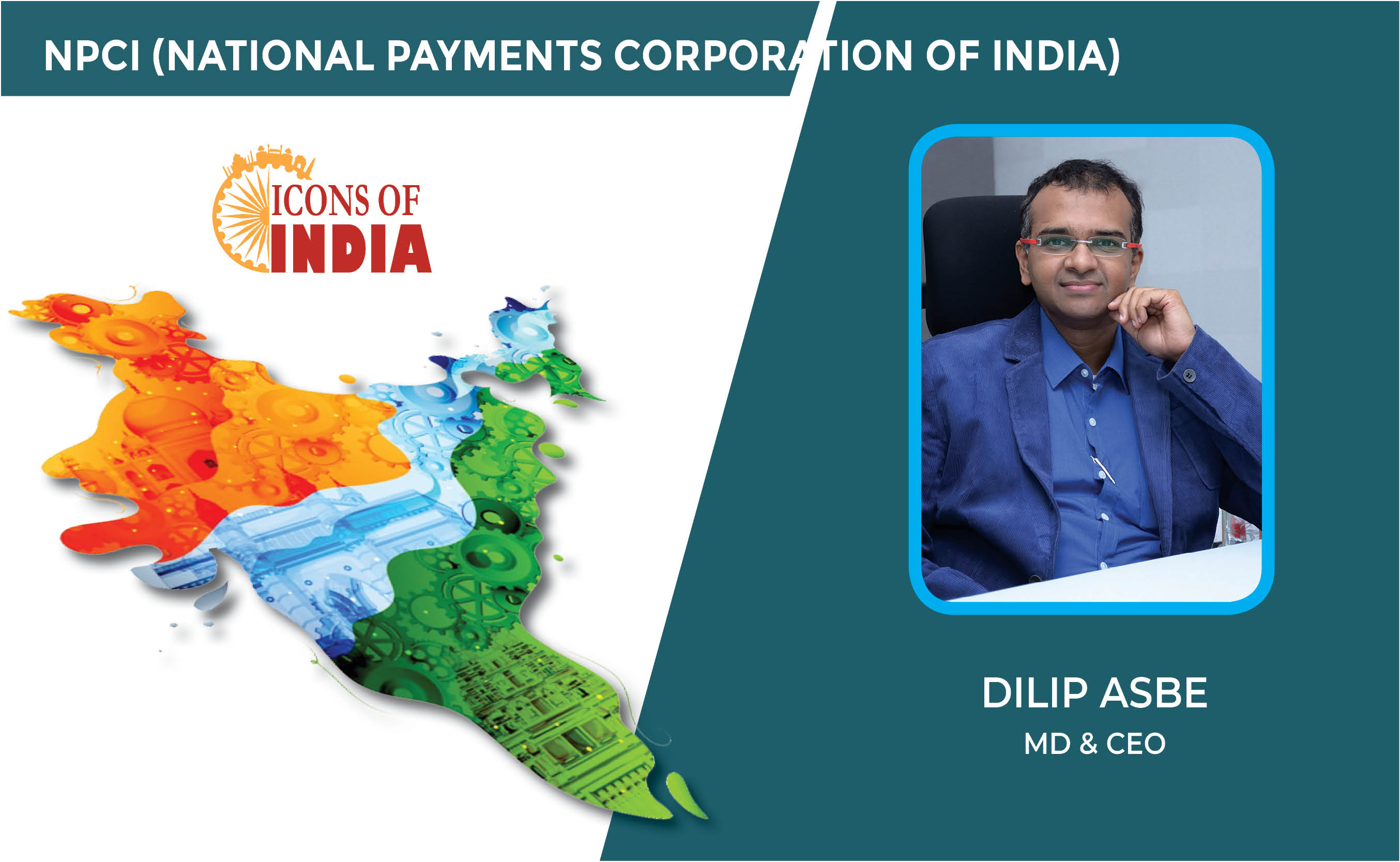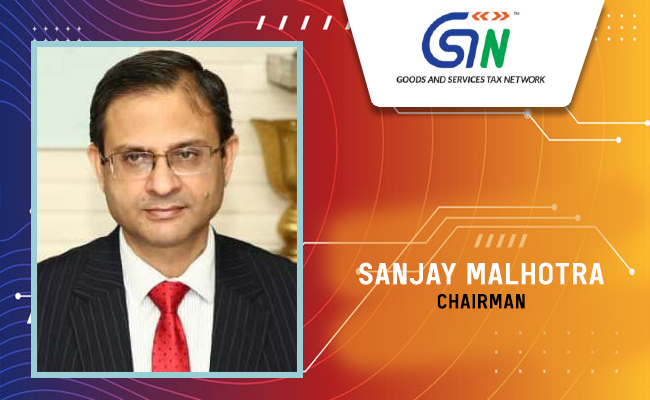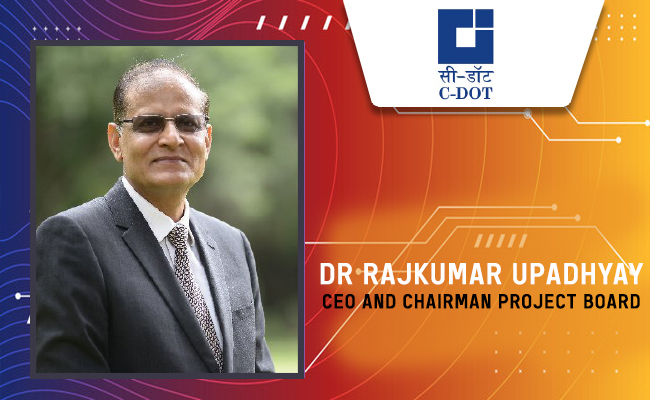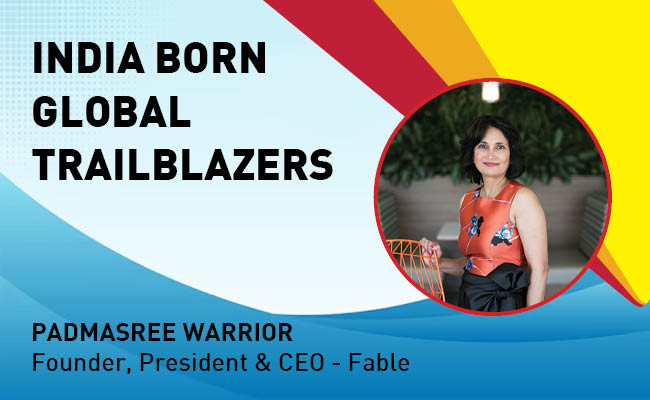U.S. push to ease e-commerce policy in India
By MYBRANDBOOK

There is a strong lobby from the industry, trade bodies and the Hindu nationalist (RSS) group, the Swadeshi Jagran Manch who are close to Prime Minister Narendra Modi's ( BJP) party has urged him to resist pressure from the United States and not defer new regulations for the e-commerce sector.
"Any deferment or change (in the policy) will adversely affect millions of small businesses," said the group's secretary general, Praveen Khandelwal.
Both Amazon and Walmart have sought an extension of the Feb. 1 deadline, but government sources have said that was unlikely to happen as Modi needs millions of traders by his side in an upcoming national election due by May. The United States government had told Indian officials the new rules will hinder the investment plans of the two companies. There is a strong pressure from US lobbies for changing the policy implementation date, under pressure from Washington, will hurt 130 million small Indian entrepreneurs.
The new rules, to be implemented from Feb. 1, will deal a blow to Walmart Inc and Amazon's ambitions in the country. They mandate that e-commerce companies will not be allowed to sell products from firms in which they have an equity interest.
Small Indian retailers have alleged that e-commerce companies use their control over inventory from their affiliates to create an unfair marketplace that allows them to sell some products at lower prices, which hurts the businesses of Millions of the brick-and-mortar retailers. Such arrangements would be barred under the new policy.
The Confederation of All India Traders, which has supported tougher scrutiny of large e-commerce players, said "the entire trading community will vote against the government if they extend the deadline".
Under the new guidelines, e-commerce firms in India will from Feb. 1 not be able to sell products via companies in which they have an equity interest or push sellers to sell exclusively on their platforms.
The role has come just months before a general election due by May this year, the rules were seen as an attempt by Prime Minister Narendra Modi's government to appease millions of small traders and shopkeepers, who form a key voter base and say their businesses have been threatened by global online retailers.
Amazon said in a statement it remains "committed to be compliant to all local laws" but has asked the government for an extension of four months. Whereas, Flipkart has sought a six-month extension, a source said.
India's e-commerce market would grow 30 percent a year to $200 billion in the 10 years up to 2027. With rising use of the Internet and smartphones in India, online retailers have doled out discounts to lure people to shop online for everything from basic groceries to large electronic devices.
The reason showing for the extension of the dead line is, Amazon and Flipkart get a lot of their Indian inventory through companies they own or back, goods that’re then sold directly or through favored merchants. One of the trusted seller is Cloudtail, owned by a joint venture between Amazon and a company run by Infosys Ltd.
As rules stand, the two American companies must sell any stakes they hold in such companies. They are campaigning together against the new rules because these companies have over $20 billion at stake in the Indian market.
Walmart invested $16 billion last year to acquire Flipkart Online Services Pvt, and Amazon has invested in offline retailers like Shopper’s Stop and is reportedly discussing investing in Future Retail.
At the same time, Indian Billionaire, Mukesh Ambani revealed that Gujarat would be the first state where the new e-commerce platform would be launched. He said Jio and Reliance Retail's new e-commerce project would empower 12 lakh shopkeepers in Gujarat.
Ambani’s retail plans, online and offline, for 2019 will be defining India Inc strategy next year. Tighter ecommerce rules that will apply on foreign giants from February 2019 will make this strategy more potent . Ambani is planning to enter the e-commerce business by combining the best of online and offline shopping experiences, a business model that will require zero cash burn to acquire customers.
the company plans to sign on local merchants, boosting their sales through what is known as O2O (online-to-offline) marketplace, a business model that Chinese e-commerce giant Alibaba has pioneered.
Under the O2O model, a consumer searches for the product or services online but buys it through an offline channel. RIL’s plan is to consolidate merchants under an e-commerce platform.
The small firms see Walmart and Amazon as a threat to their businesses. Still then, Walmart, Amazon and lobbying groups were coordinating efforts with the Office of the United States Trade Representative (USTR) and the local embassy to express their discontent about the policy.


Legal Battle Over IT Act Intensifies Amid Musk’s India Plans
The outcome of the legal dispute between X Corp and the Indian government c...

Wipro inks 10-year deal with Phoenix Group's ReAssure UK worth
The agreement, executed through Wipro and its 100% subsidiary,...

Centre announces that DPDP Rules nearing Finalisation by April
The government seeks to refine the rules for robust data protection, ensuri...

Home Ministry cracks down on PoS agents in digital arrest scam
Digital arrest scams are a growing cybercrime where victims are coerced or ...


Icons Of India : Dr. Sanjay Bahl
Dr. Sanjay Bahl has around four decades of experience in the ICT indus...

Icons Of India : ALOK OHRIE
Alok Ohrie leads Dell Technologies’ India business, overseeing Sales...

Icons Of India : Dilip Asbe
At present, Dilip Asbe is heading National Payments Corporation of Ind...


BSE - Bombay Stock Exchange
The Bombay Stock Exchange (BSE) is one of India’s largest and oldest...

GSTN - Goods and Services Tax Network
GSTN provides shared IT infrastructure and service to both central and...

C-DOT - Center of Development of Telematics
India’s premier research and development center focused on telecommu...


Indian Tech Talent Excelling The Tech World - PADMASREE WARRIOR, Founder, President & CEO - Fable
Padmasree Warrior, the Founder, President, and CEO of Fable, is revolu...

Indian Tech Talent Excelling The Tech World - Sanjay Mehrotra, CEO- Micron Technology
Sanjay Mehrotra, the President and CEO of Micron Technology, is at the...

Indian Tech Talent Excelling The Tech World - REVATHI ADVAITHI, CEO- Flex
Revathi Advaithi, the CEO of Flex, is a dynamic leader driving growth ...
 of images belongs to the respective copyright holders
of images belongs to the respective copyright holders